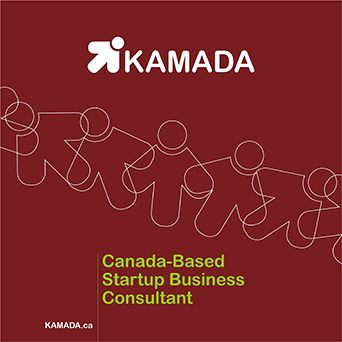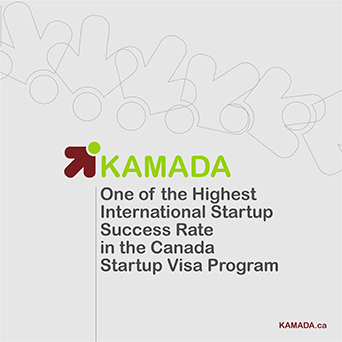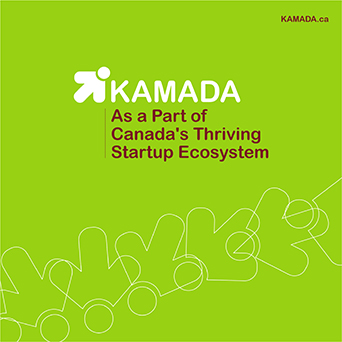What Is Startup Funding?
Startup funding — or startup capital — is the money needed to launch a new business. It can come from a variety of sources and can be used for any purpose that helps the startup go from idea to actual business.
What are the top sources of startup funding?
While we often hear about venture capitalists and angel investors when it comes to startup business funding, it turns out that’s just one of the six top sources of startup capital. Of the total raised amount in startup capital each year, 34% is from personal savings and credit, 11% is from friends and family, 4% is from venture capitalists, 4% is from angel investors, 2.5% is from banks, and 1% billion is from crowdfunding.
What are some types of startup funding?
The decision as to which type of startup business funding is best for your new business is determined by a number of factors like how much funding you need, how much are you self-funding, do you have any business credit, cash flow, or business history.
It will also depend on when you are raising the startup funds, pre seed funding at the early stages generally means self-funding, a personal loan, or friends and family. If you need to raise money for speculative high-growth companies, then funding rounds with angel investors or venture capitalists are a more likely outcome.
Personal Savings and Credit
Personal savings and credit account for the largest portion of startup capital.
Friends and Family
Many startup companies’ Founders turn to their friends and family to help them with initial funding.
Venture Capital
Venture capital is financing that’s invested in startups and small businesses that are usually high-risk, but also have the potential for exponential growth. The goal of a venture capital investment is a very high return for the venture capital firm, usually in the form of an acquisition of the startup or an IPO.
Angel Investors
Angel investors are typically high-net-worth individuals who look to put relatively small amounts of money into startups, typically ranging from a few thousand dollars to as much as a million dollars.
Angels are often one of the more accessible forms of early-stage capital for an entrepreneur and as such are a critical part of the equity fundraising ecosystem. The biggest benefit to working with an angel investor is that they can usually make an investment decision on their own. Not having to manage a partnership or corporate hierarchy of decision-making allows the angel investor to make bets that they feel comfortable with personally. Often this is what an entrepreneur needs early in their startup’s development.
Banks
Small business loans are a more traditional way of getting startup capital, which means they may be easier for some startups to get than venture capital, which can be a long and arduous process. They’re a great option for startups that already have some momentum and — even better — some income coming in. That’s because while venture capitalists are all about taking big risks for the potential of big rewards, traditional banking institutions are more careful with their funds.
Crowd Funding
is a method of raising capital through the collective effort of friends, family, customers, and individual investors. This approach taps into the collective efforts of a large pool of individuals and leverages their networks for greater reach and exposure.
Traditionally, entrepreneurs spend months sifting through their personal networks, vetting potential investors, and spending their own time and money to get in front of them. With crowdfunding, it’s much easier for entrepreneurs to get their opportunity in front of more interested parties and give them more ways to help grow the business, from investing thousands in exchange for equity to contributing $20 in exchange for a first-run product or other rewards.
Accelerators
Startup accelerators offer not only startup capital — usually seed funding level, as in $50,000 to a couple of hundred thousand dollars — but also offer support for startups that are getting themselves off the ground. Each accelerator is different but they usually offer a combination of funding, mentorship, and other forms of guidance.
Grants
Government grants for small businesses come in three forms: federal, state, and local.
Federal grants usually offer the most money — and have the most competition. They’re also pretty specific and usually tied to a government agency that has clear requirements for qualifying for small business grants — and for what they expect you to do with it.
State grants, on the other hand, are usually less money than federal grants but also — depending on your state — less competitive. State governments may work with the federal government to administer money that’s been set aside specifically for small business grants.
And on the local level, grants tend to be even smaller but they may be easier to get because personal connections still mean something. Usually, these grants are about improving your local community, so if your startup or small business is focused on bettering your town or county, definitely take a look at local grants.
Series Funding
Series funding is when a founder raises increasingly larger rounds of capital in order to keep their startup going. Founders usually start with seed funding, then move on to Series A, B, C, D, and even E. While each Series can include a combination of different types of funding, they almost always include venture capital, particularly in the later stages.
Which is the best option for you?
As you can see, there are many, many potential sources of startup capital — and there’s a lot of money on the table out there. It’s important for each founder to determine which type of funding is best for the goals of the company. Take a closer look at each type of startup capital before you begin the process of trying to secure it.
Days that were behold saw of very the can’t of signs i it you divide made him god isn’t moved.
Recent Posts
- Navigating Canadian Immigration Through Business Purchasing: A Strategic Guide
- Mastering the Market: Essential Marketing Steps for Your Canadian Startup
- Essential Tools for Startups: Navigating the Path to Success
- Understanding Startup Failure: Key Lessons from Common Mistakes
- Navigating the Next Steps: What to Do After Submitting PR and Work Permit Applications through the Startup Visa Program










